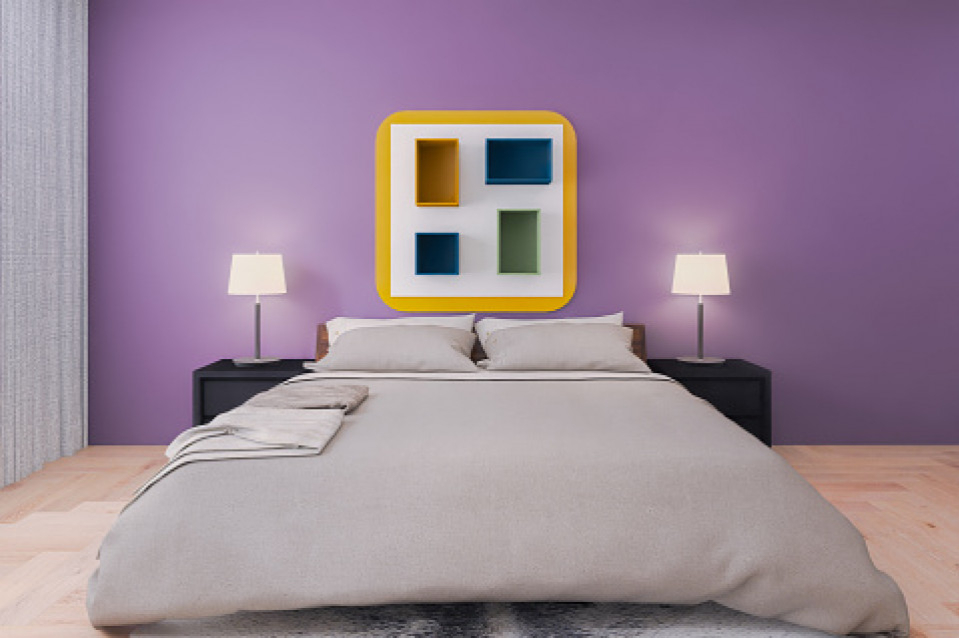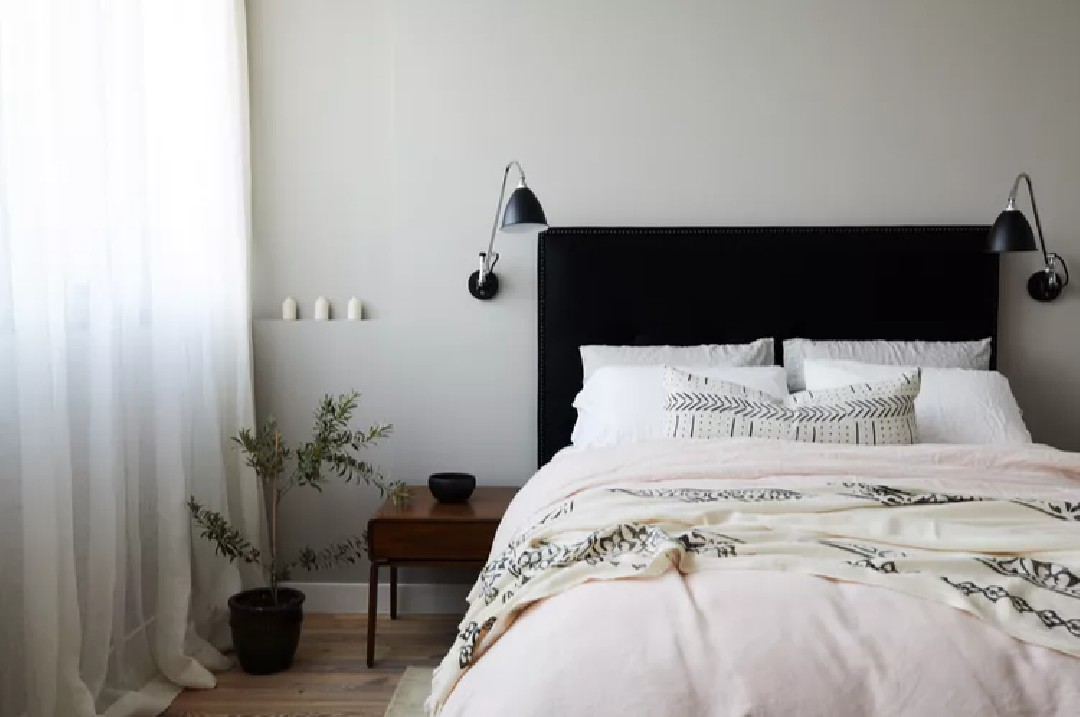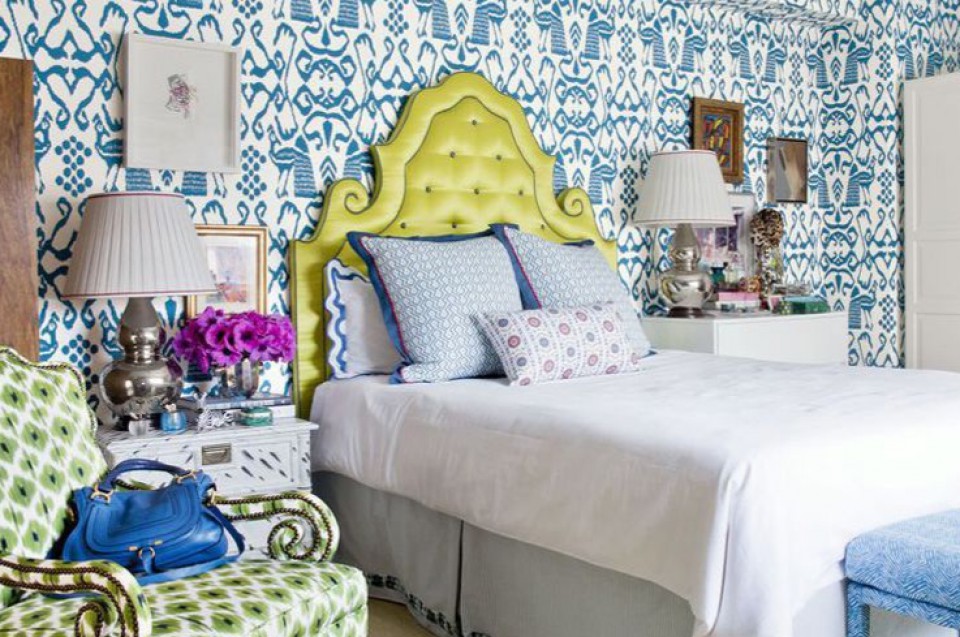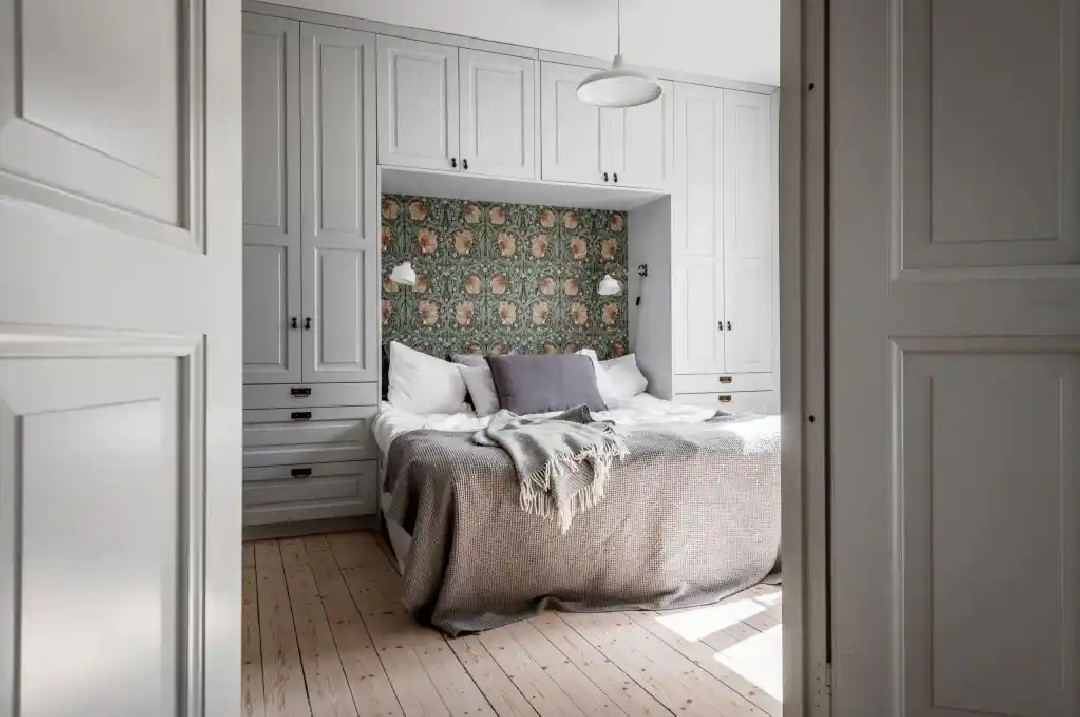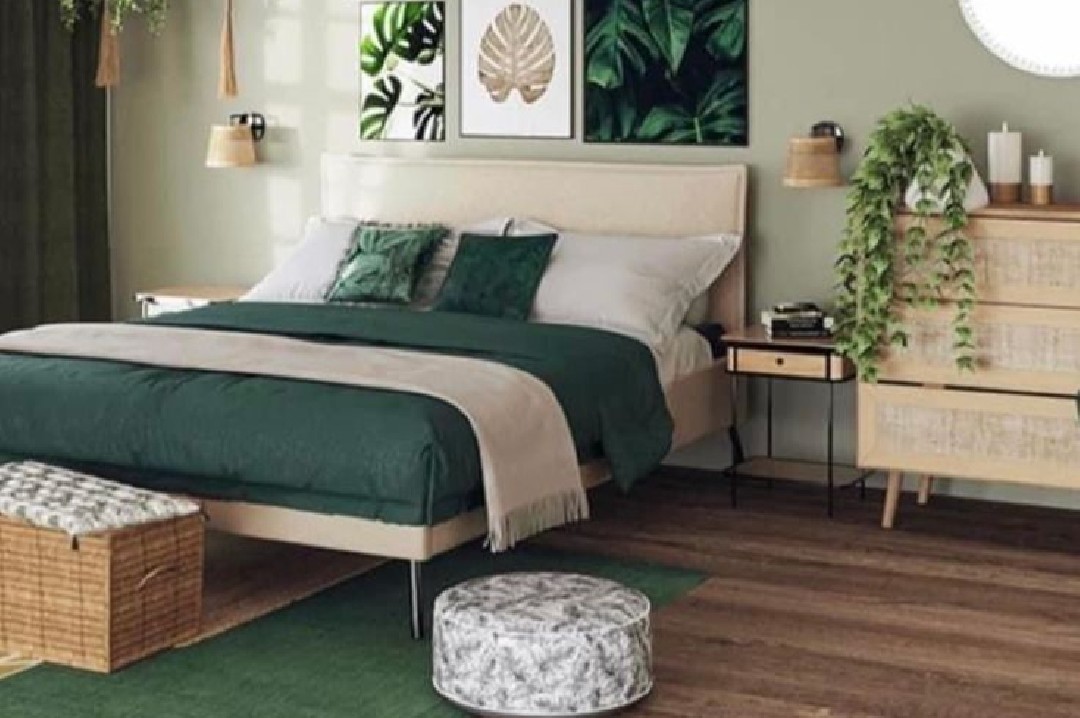Educational and Inspiring Children's Room Designs
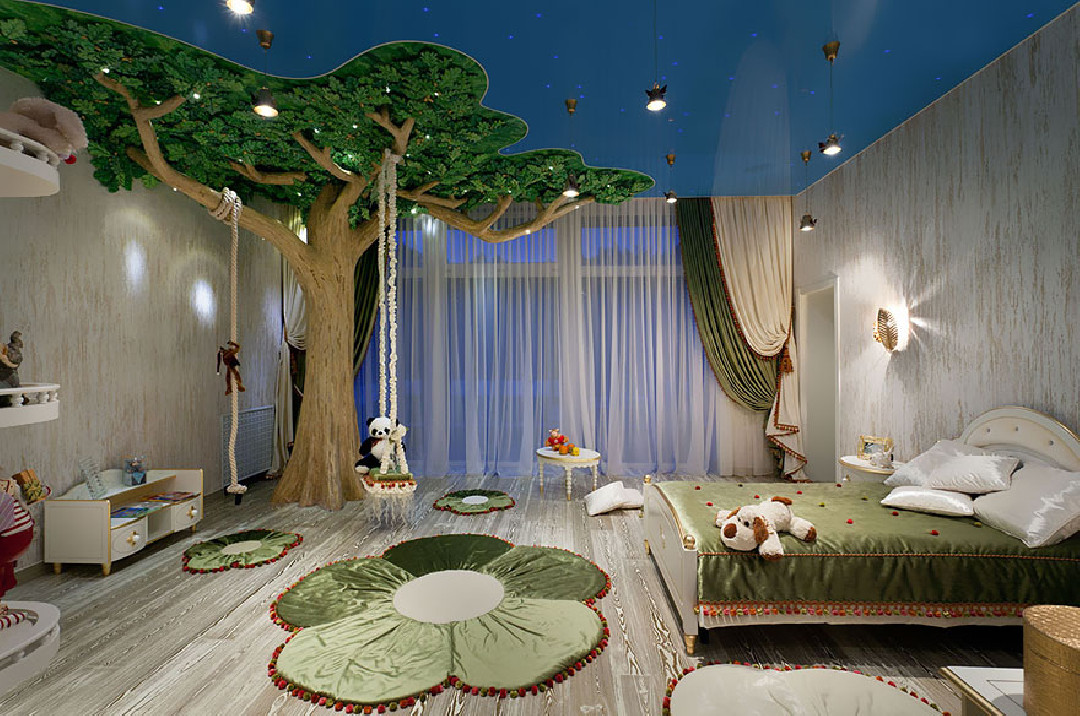
A child’s room can be more than just a place to sleep – with the right design, it can be a place that encourages their curiosity, creativity and enthusiasm for learning. From an inviting study area to a cozy reading nook, there are plenty of ways to transform a child’s room into an educational and fun environment. Here are some kids’ room design ideas that are not only inspiring but also support their growth and development.
1. An Attractive and Functional Study Area

A comfortable study table is one of the important elements in a child's room. Choose a table with the right height and an ergonomic chair so that your child feels comfortable studying. Adding bookshelves, drawers, or organizers around the table will help maintain tidiness and make books and stationery easy to reach. To add enthusiasm, use bright colors on furniture or wall decorations in this area. Blue or light green are often chosen because they have a calming effect and can increase focus.
2. Educational Decoration on the Bedroom Wall

Walls are a large area that can be used for various educational decorations. Posters of the alphabet, numbers, world maps, or inspirational quotes can stimulate children's interest in learning. Whiteboards, magnetic boards, or felt boards can be installed as free areas for children to create, draw, or stick educational stickers. This not only adds to the fun of learning, but also gives children the opportunity to express themselves visually.
3. Creativity Zone to Express Artistic Talent

The creative zone in a child’s room is a place where they can experiment with various art activities, such as coloring, drawing, or making crafts. Provide small tables, storage boxes, and shelves that are easy to reach to store their creative supplies. For flexibility, choose tables or chairs that are lightweight and easy to move, so that the play area remains spacious. This also helps children become more independent because they can access the supplies and put them away themselves.
4. Appropriate Lighting for Children's Rooms

Good lighting greatly affects the comfort of a child's room. In addition to the main light, use a table lamp in the study area to provide extra light when they are reading or doing assignments. Choose a lamp with soft light that can be adjusted to a certain brightness so that children can concentrate while studying and feel relaxed while sleeping. Using a unique hanging lamp or a lamp shaped like a favorite character can also be a fun decorative touch for them.
5. A Cozy and Inspiring Reading Corner

Reading is an important activity that is good for children's development. Create a comfortable reading corner with some soft pillows, warm blankets, or soft carpets. A small bookshelf placed near this corner will make it easier for them to choose a book to read easily. You can also add a reading lamp to provide enough lighting, so that reading becomes a fun activity. Using themed wall decorations such as forests, night skies, or their favorite characters can add more appeal to this corner.
6. Natural Touch with Ornamental Plants

Adding natural elements such as small ornamental plants to a child's room will create a fresh and natural atmosphere. Plants not only make the air in the room fresher, but can also be an opportunity for children to learn to care for plants. Choose plants that are safe and easy to care for, such as mini snake plants, cacti, or succulents. Teach them how to water and care for plants simply, so that they begin to develop a sense of responsibility.
7. Multifunctional Furniture to Maximize Space

If your child's room has limited space, choose multifunctional furniture to save space. For example, a bed with storage drawers underneath, a folding table, or a cabinet with many compartments. Adjustable storage shelves also make it easier for children to tidy up their room and store their toys. This design is not only efficient but also makes the room tidier and provides more space to move around.
8. A Color Palette That Stimulates Creativity and Calmness

The color of a child’s room has a big influence on their mood and creativity level. Choose colors that are calming but still stimulate the imagination, such as pastel blue, light green, or soft yellow. You can add bright accents such as orange or red to some parts of the decoration to energize the room. A harmonious combination of colors will help create a conducive environment for children to learn, play, and relax.
...
Educational children's room designs not only help create a fun space but also support their growth and development by providing a means for learning and exploration. By creating a comfortable study area, adding inspiring decorative elements, and paying attention to lighting and color selection, children's rooms can become spaces that greatly support their daily activities.
When designing a child's room, be sure to involve them in choosing a particular theme, color, or decoration. A room designed with love and creativity will be a place where children feel comfortable and at home. With a few small educational touches, a child's room becomes not only a place to sleep, but also an inspiring space that encourages them to grow and develop.


